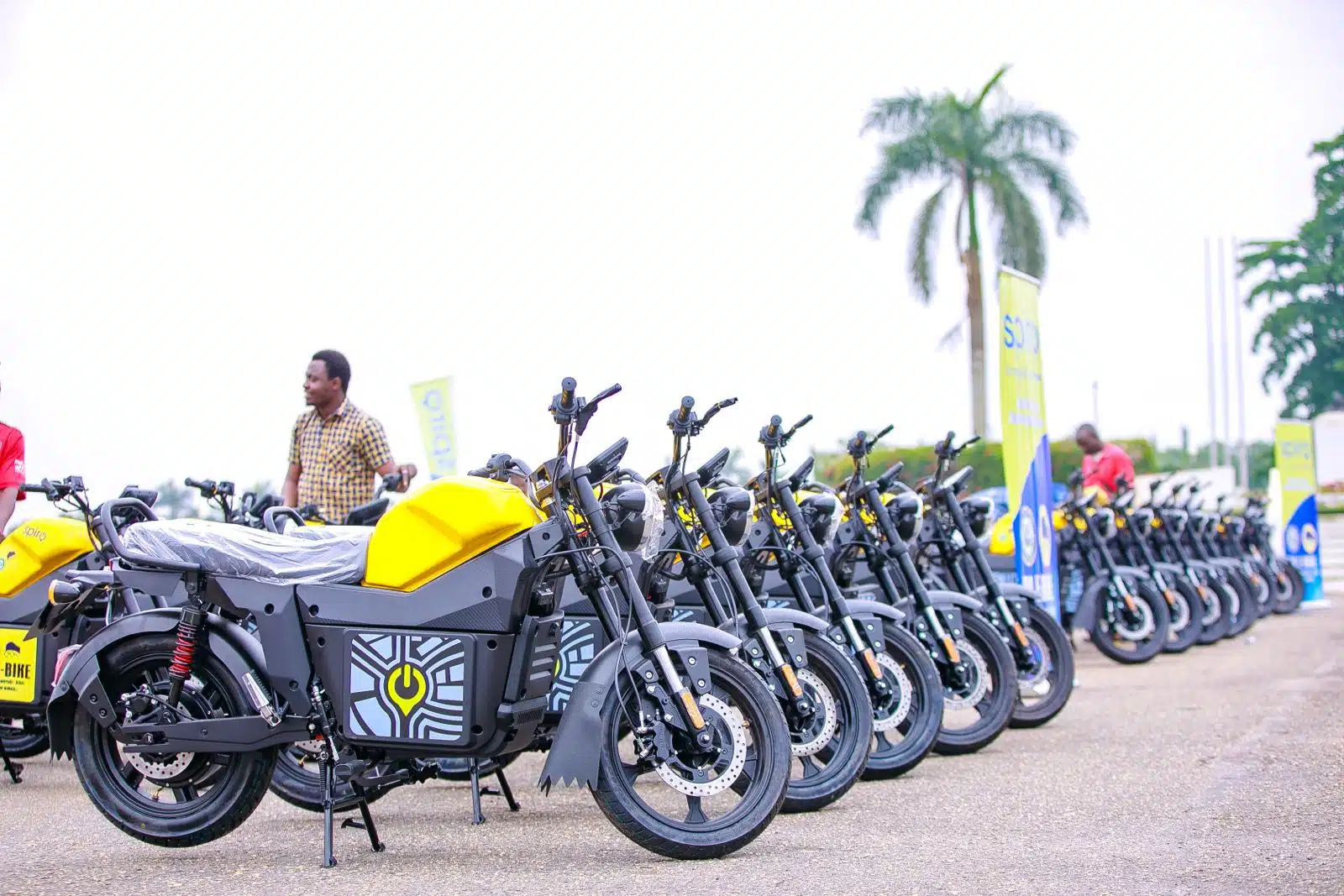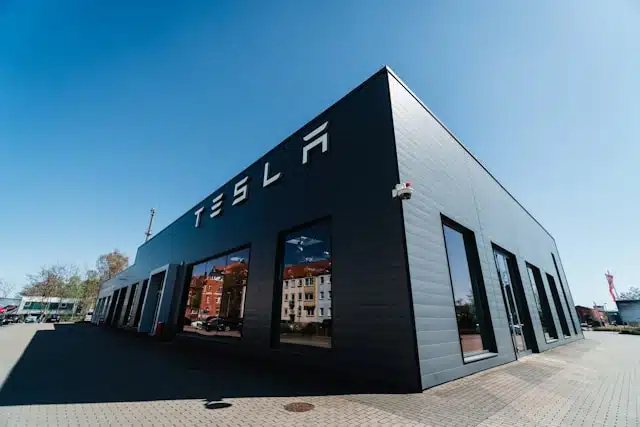Over 4,200 of the 4,821 reviews left on consumer complaints site HelloPeter for Uber South Africa are one-star ratings, revealing the scale of dissatisfaction with the ride-hailing company in the country.
These reviews paint a picture of a service that many users feel has declined significantly in both reliability and safety.
Riders frequently cite unsafe driving behaviour, with some describing drivers who ignored GPS directions, sped excessively, or dropped them off far from their intended destinations.
Several passengers say they were charged for trips that never happened, while others report that actual trip costs exceeded their initial estimates by wide margins — sometimes by over R100.
Vehicle conditions also feature prominently in complaints, with users reporting broken air conditioners, dirty interiors, and, in some cases, foul smells. One user described feeling like they were “sealed up in a plastic container with leftover food smells.”
Another major point of frustration is the high number of cancellations. Passengers say they have been left stranded by drivers who accept rides and then vanish, only for them to be charged a cancellation fee.
Some drivers, according to reports, exploit airport queuing systems using phones left in cars overnight to jump the line and pick up fares fraudulently.
These problems are not isolated to Uber’s South African operations. Across the continent, ride-hailing platforms have come under similar scrutiny.
In Nigeria, drivers have protested poor earnings and unsafe working conditions, while riders frequently complain about vehicle quality and erratic pricing. In Kenya, regulatory battles over licensing and commission rates have strained relations between drivers, the platforms, and government authorities.

Victoria Fakiya – Senior Writer
Techpoint Digest
Stop struggling to find your tech career path
Discover in-demand tech skills and build a standout portfolio in this FREE 5-day email course
Bolt and inDrive, two of Uber’s biggest competitors in South Africa and elsewhere, face comparable criticism, though users suggest Bolt is often seen as the more reliable alternative.
For Uber drivers, shrinking earnings and rising costs are part of the problem. Many have spoken out about the financial strain caused by fuel prices, maintenance expenses, and commission fees, which often force them to compromise on service quality.
Some admit to skipping air conditioning or delaying repairs to save money, which directly affects the rider experience.
Adding to the company’s challenge is a lack of responsive customer support. Many users report that attempts to address their complaints through the app are either ignored or met with generic responses. For riders and drivers alike, this has fostered a sense of abandonment by the platform.
The wave of negative sentiment comes just weeks after South Africa introduced new regulations for ride-hailing services, requiring branded vehicles, licensed drivers, and onboard safety features like panic buttons.
While Uber says it is working to comply with these rules and improve driver and passenger experiences, the overwhelmingly poor reviews suggest that trust in the platform has already eroded for many.
As the market for ride-hailing in South Africa grows increasingly competitive, Uber faces an uphill battle to rebuild its reputation. Without meaningful improvements, the company risks losing even more ground to rivals that are already seizing on its weaknesses.











